Home>Garden Essentials>How To Cook Fenugreek Seeds
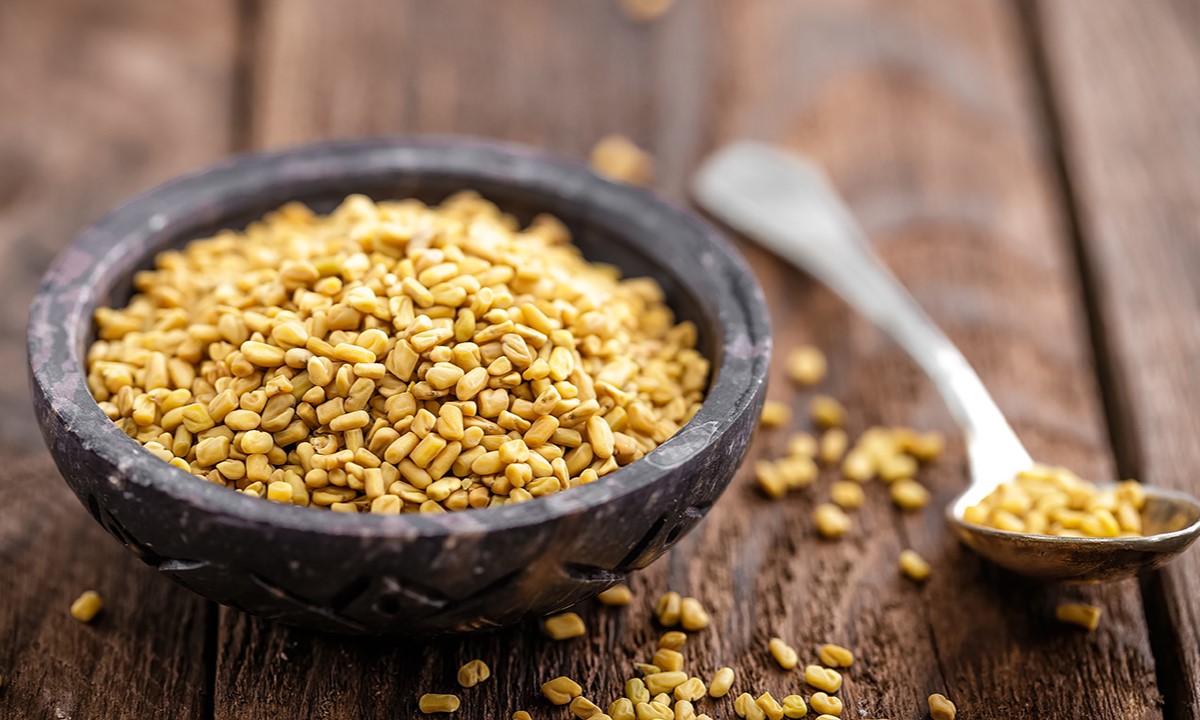

Garden Essentials
How To Cook Fenugreek Seeds
Modified: August 16, 2024
Learn how to cook fenugreek seeds from your garden with our step-by-step guide. Discover delicious recipes and reap the health benefits of this versatile ingredient.
(Many of the links in this article redirect to a specific reviewed product. Your purchase of these products through affiliate links helps to generate commission for Storables.com, at no extra cost. Learn more)
Introduction
Welcome to the wonderful world of fenugreek seeds! Whether you’re an experienced home cook or just starting out in the kitchen, this versatile ingredient is a must-have in your pantry. Fenugreek seeds, also known as methi seeds, have been used for centuries in various cuisines and traditional medicine due to their numerous health benefits and aromatic flavor.
In this article, we’ll explore the many ways you can cook with fenugreek seeds, from sprouting to toasting and incorporating them into delicious recipes. We’ll also delve into the health benefits of incorporating fenugreek seeds into your diet, as well as provide tips on how to store and prepare them for cooking.
So why should you give fenugreek seeds a try? Well, besides adding a unique flavor profile to your dishes, fenugreek seeds are renowned for their medicinal properties. They are packed with essential vitamins, minerals, and antioxidants that promote overall health and well-being. Plus, fenugreek seeds have been used in traditional medicine to aid digestion, reduce inflammation, and even boost milk production in breastfeeding mothers.
Not only do fenugreek seeds offer a myriad of health benefits, but they also lend a distinct nutty and slightly bitter taste to your culinary creations. Their flavor profile is often described as a combination of maple syrup, celery, and roasted peanuts. This makes fenugreek seeds a versatile ingredient that can be incorporated into a wide range of dishes, from curries and stews to breads and rice preparations.
In the following sections, we’ll guide you through selecting and storing fenugreek seeds, as well as provide insights on how to prepare them for cooking. We’ll also explore various cooking methods that will help you unlock the full potential of fenugreek seeds in your dishes. Additionally, we will share some simple and delicious recipes that showcase the versatility of this incredible ingredient.
So, get ready to embark on a culinary adventure with fenugreek seeds. Whether you’re looking to boost your health or simply spice up your meals, fenugreek seeds are a fantastic addition to any kitchen. Let’s dive in and discover the wonders of cooking with fenugreek seeds!
Key Takeaways:
- Fenugreek seeds add unique flavors and health benefits to dishes. They can improve digestion, lower cholesterol, and enhance immune function, but should be used in moderation and with caution for those with allergies or specific health conditions.
- Cooking with fenugreek seeds requires proper storage, soaking, and toasting for optimal flavor. Experiment with different recipes and spice combinations to enjoy the versatile and aromatic qualities of fenugreek seeds.
Read more: How To Use Fenugreek Seeds For Hair
Health Benefits of Fenugreek Seeds
Fenugreek seeds are not only a flavorful addition to your dishes but also a powerhouse of nutrition. They have been used for centuries in traditional medicine for their various health benefits. Here are some of the reasons why you should consider incorporating fenugreek seeds into your diet:
- Improved Digestion: Fenugreek seeds are rich in dietary fiber, which helps promote healthy digestion and prevent constipation. The fiber content also aids in weight management and regulates blood sugar levels.
- Lower Cholesterol Levels: Studies have shown that fenugreek seeds can help reduce LDL (bad) cholesterol levels while increasing HDL (good) cholesterol levels. This can contribute to a healthier heart and a lower risk of heart disease.
- Controlled Blood Sugar: Fenugreek seeds have been found to have hypoglycemic effects, meaning they can help lower blood sugar levels. This is particularly beneficial for individuals with diabetes or pre-diabetes.
- Anti-Inflammatory Properties: The compounds present in fenugreek seeds have anti-inflammatory properties, which can help reduce inflammation in the body and alleviate symptoms of conditions like arthritis.
- Boosted Immune System: Fenugreek seeds are packed with antioxidants and immune-boosting vitamins such as vitamin C and vitamin A. These nutrients can strengthen the immune system and protect the body against infections and diseases.
- Regulated Menstrual Cycle: For women experiencing irregular menstrual cycles or menstrual cramps, fenugreek seeds can help regulate and normalize the cycle. They also have been used traditionally to stimulate milk production in breastfeeding women.
In addition to these health benefits, fenugreek seeds are also believed to improve skin health, enhance hair growth, promote weight loss, and help with detoxification. However, it’s important to note that individual experiences may vary, and it’s always best to consult with a healthcare professional before using fenugreek seeds for specific health concerns.
Now that you’re aware of the impressive health benefits of fenugreek seeds, let’s move on to the next section, where we’ll explore how to select and store these seeds to ensure optimal freshness and flavor.
How to Select and Store Fenugreek Seeds
When it comes to selecting fenugreek seeds for your recipes, it’s important to choose high-quality seeds that are fresh and aromatic. Here are some tips to help you select and store fenugreek seeds:
Selecting Fenugreek Seeds:
- Look for whole fenugreek seeds rather than powdered versions. Whole seeds have a longer shelf life and retain their flavor and aroma better.
- Ensure that the seeds have a golden-brown color and a firm texture. Avoid seeds that are discolored or have any signs of moisture or mold.
- Consider buying organic fenugreek seeds to minimize the risk of pesticide residue.
- Check the packaging for the “best by” date to ensure that the seeds are fresh and haven’t been stored for too long.
Storing Fenugreek Seeds:
- Transfer the fenugreek seeds to an airtight container or a resealable bag to maintain their freshness and prevent moisture or pests from entering.
- Store the container in a cool, dry place away from direct sunlight. The pantry or a kitchen cabinet is an ideal spot.
- Avoid storing fenugreek seeds near strong-smelling spices, as they can absorb odors easily.
- Check the seeds periodically for any signs of spoilage, such as an off smell or mold. Discard any spoiled seeds immediately.
- Fenugreek seeds can be stored for up to a year, but for the best flavor and aroma, it’s recommended to use them within six months.
By following these guidelines, you can ensure that your fenugreek seeds remain fresh and retain their potent flavors for the longest possible time.
Now that you know how to select and store fenugreek seeds, let’s move on to the next section, where we’ll explore the various culinary uses of this versatile ingredient.
Common Culinary Uses of Fenugreek Seeds
Fenugreek seeds are a staple ingredient in many cuisines around the world, particularly in Indian, Middle Eastern, and North African cooking. These tiny, golden-brown seeds possess a unique flavor and aroma that can transform a dish. Let’s explore some of the common culinary uses of fenugreek seeds:
Spice Blends and Curry Powders:
Fenugreek seeds are often included in spice blends and curry powders. They add depth and complexity to these mixtures, imparting a slightly bitter, nutty, and earthy flavor. In Indian cuisine, fenugreek seeds are a key component in popular spice blends like garam masala and curry powder.
Cooking with Lentils and Legumes:
Fenugreek seeds pair exceptionally well with lentils and legumes. By adding just a small amount of fenugreek seeds to lentil or legume dishes, you can elevate their flavors and create a more complex and aromatic dish. Fenugreek seeds are commonly used in dishes like dal, a popular Indian lentil stew, and various bean stews or curries.
Breads and Flatbreads:
In both Indian and Middle Eastern cuisine, fenugreek seeds are often included in bread and flatbread recipes. They can be added to the dough or sprinkled on top before baking, adding a distinct flavor and aroma. Fenugreek seeds are commonly used in Indian breads such as naan and paratha and Middle Eastern breads like pita and lavash.
Vegetable Dishes:
Fenugreek seeds can be used to enhance the flavor of various vegetable dishes. They are particularly popular in potato-based dishes, adding a richness and depth to the flavors. Fenugreek seeds can also be used to season stir-fried vegetables, curries, and sautéed greens, providing a unique and aromatic twist.
Pickles and Chutneys:
In Indian cuisine, fenugreek seeds are commonly used in pickles and chutneys. The seeds are often soaked and then ground into a paste or powder to add to these condiments, bringing a distinctive tangy and slightly bitter flavor. Fenugreek seed pickles and chutneys are a delicious accompaniment to rice, flatbreads, and snacks.
Marinades and Spice Rubs:
Fenugreek seeds can be used in marinades and spice rubs to impart a unique flavor to meat, poultry, and fish. When combined with other spices and ingredients, fenugreek seeds can create a flavorful and aromatic coating that enhances the taste of grilled or roasted dishes.
These are just a few examples of the versatile uses of fenugreek seeds in cooking. With their rich flavor and aroma, fenugreek seeds can add depth and complexity to a wide range of dishes, allowing you to explore new flavors and create culinary masterpieces.
Now that you’re familiar with the culinary uses of fenugreek seeds, let’s move on to the next section, where we’ll discuss how to soak and prepare the seeds for cooking.
Soaking and Preparing Fenugreek Seeds for Cooking
Fenugreek seeds have a tough outer coat that can be quite bitter, so it is recommended to soak them before using them in cooking. Soaking fenugreek seeds helps to reduce their bitterness and make them easier to digest. Here are the steps to soak and prepare fenugreek seeds for cooking:
Step 1: Measure the desired amount of fenugreek seeds:
Depending on your recipe, measure the appropriate amount of fenugreek seeds. Keep in mind that they will expand in size during soaking, so use a larger bowl or container than you think you will need.
Step 2: Rinse the fenugreek seeds:
Place the fenugreek seeds in a sieve or colander and rinse them thoroughly under running water. This helps to remove any dust or impurities from the seeds.
Step 3: Soak the fenugreek seeds:
Transfer the rinsed fenugreek seeds to a bowl or container and add enough water to fully submerge them. Let the seeds soak for at least 4 to 6 hours, or overnight for best results. During this time, the seeds will absorb water and become softer.
Step 4: Drain and rinse the soaked fenugreek seeds:
After the soaking period, drain the water from the fenugreek seeds using a sieve or colander. Rinse the seeds once again under running water to remove any residual bitterness.
Step 5: Use the soaked fenugreek seeds in your recipe:
The fenugreek seeds are now ready to be used in your dishes. They can be added to curries, stews, bread dough, or any recipe that calls for fenugreek seeds. You can use them as they are, or you can further roast or grind them, depending on the desired texture and flavor in your recipe.
Soaking fenugreek seeds not only helps to reduce their bitterness but also enhances their digestibility. By following these simple steps, you can ensure that fenugreek seeds contribute their unique flavor and health benefits to your culinary creations.
Now that you know how to soak and prepare fenugreek seeds, let’s explore different cooking methods to make the most of this aromatic ingredient.
Soak fenugreek seeds in water for 6-8 hours before cooking to reduce bitterness and improve digestibility. Then, you can use them in curries, stews, or as a topping for salads and soups.
Read more: How To Eat Fenugreek Seeds
Cooking Methods for Fenugreek Seeds
Fenugreek seeds can be used in a variety of cooking methods to infuse their distinct flavor and aroma into your dishes. Let’s explore some common cooking methods for fenugreek seeds:
Toasting:
One popular cooking method for fenugreek seeds is toasting. Toasting the seeds helps to enhance their flavor and aroma. To toast fenugreek seeds, simply heat a dry skillet or pan over medium heat. Add the seeds and toast them for a few minutes, stirring occasionally, until they become fragrant and slightly browned. Be careful not to burn them, as they can turn bitter. Once toasted, you can use the seeds whole or grind them into a powder for use in various recipes.
Sprouting:
Fenugreek seeds can also be sprouted, which not only adds a different texture but also increases their nutritional value. To sprout fenugreek seeds, rinse them thoroughly and then soak them overnight in water. Drain the water the next day and spread the seeds in a single layer on a clean towel or in a sprouting tray. Cover the seeds with a damp cloth and leave them in a warm spot for 2-3 days, rinsing them twice a day. The seeds will start to sprout, and you can use them in salads, sandwiches, or as a garnish for various dishes.
Grinding:
Grinding fenugreek seeds into a fine powder allows you to incorporate them easily into your recipes. Use a spice grinder or a mortar and pestle to grind the seeds into a powder. The ground fenugreek seeds can be used as a spice to flavor curries, stews, spice blends, or bread dough.
Tempering:
In Indian cuisine, tempering is a common cooking technique where spices are heated in oil to release their flavors and aromas. Fenugreek seeds are often included in the tempering process to add a distinct nutty flavor to the dish. Heat oil or ghee in a pan, add the fenugreek seeds along with other spices, and cook them until they become fragrant. This tempering mixture can then be added to various dishes like lentils, vegetable stir-fries, or rice preparations to enhance their flavor.
Simmering:
Fenugreek seeds can be simmered in liquid to infuse their flavor into soups, stews, or sauces. Add the seeds to the liquid and allow them to cook on low heat for a prolonged period. The longer they simmer, the more pronounced their flavor will be in the dish. This method works well in dishes like curries, braised meats, or lentil soups.
These are just a few of the common cooking methods for fenugreek seeds. Each method brings out the unique flavor and aroma of the seeds in different ways, allowing you to experiment and create diverse dishes with this incredible ingredient.
Now that you’re familiar with various cooking methods for fenugreek seeds, let’s move on to the next section, where we’ll share some simple and delicious recipes that showcase the versatility of this amazing ingredient.
Simple Recipes Using Fenugreek Seeds
Fenugreek seeds add a wonderful depth of flavor and aroma to a wide range of dishes. Here are a few simple and delicious recipes that showcase the versatility of fenugreek seeds:
1. Methi Paratha (Fenugreek Flatbread)
This traditional Indian flatbread is made with a dough infused with ground fenugreek seeds.
Ingredients:
- 1 cup whole wheat flour
- 2 tablespoons fenugreek seeds, ground
- Salt to taste
- Water, as needed
Instructions:
- In a mixing bowl, combine the whole wheat flour, ground fenugreek seeds, and salt.
- Add water gradually and knead to form a smooth dough.
- Divide the dough into small balls and roll them into flat circles.
- Cook the parathas on a hot skillet until brown spots appear on both sides.
- Serve hot with yogurt or pickle.
2. Fenugreek Chicken Curry
This flavorful chicken curry incorporates the rich taste of fenugreek seeds.
Ingredients:
- 1 lb chicken, cut into pieces
- 2 tablespoons oil
- 1 onion, finely chopped
- 2 tomatoes, pureed
- 2 tablespoons yogurt
- 1 teaspoon ginger-garlic paste
- 1 teaspoon fenugreek seeds
- 1 teaspoon ground cumin
- 1 teaspoon ground coriander
- 1/2 teaspoon turmeric powder
- 1/2 teaspoon red chili powder
- Salt to taste
- Fresh coriander leaves for garnish
Instructions:
- Heat oil in a pan and add the fenugreek seeds. Cook until they become slightly darker in color and release their aroma.
- Add chopped onions and sauté until golden brown.
- Add ginger-garlic paste and cook for a minute.
- Add the pureed tomatoes, cumin, coriander, turmeric, red chili powder, and salt. Cook until the oil separates from the masala.
- Stir in the yogurt and cook for a few more minutes.
- Add the chicken pieces and coat them well with the masala.
- Cover and cook on low heat until the chicken is tender and cooked through.
- Garnish with fresh coriander leaves and serve hot with rice or bread.
3. Sprouted Fenugreek Salad
This refreshing salad showcases the sprouted fenugreek seeds’ crunchy texture and nutty flavor.
Ingredients:
- 1 cup sprouted fenugreek seeds
- 1 cucumber, diced
- 1 tomato, diced
- 1 onion, finely chopped
- Juice of 1 lemon
- Salt and pepper to taste
- Fresh mint leaves for garnish
Instructions:
- In a mixing bowl, combine the sprouted fenugreek seeds, diced cucumber, tomato, and chopped onion.
- Add lemon juice, salt, and pepper. Toss well to combine.
- Garnish with fresh mint leaves.
- Refrigerate for at least 30 minutes before serving to allow the flavors to meld together.
These simple recipes are just a starting point for incorporating the unique flavors of fenugreek seeds into your meals. Feel free to experiment and get creative with other ingredients to tailor the recipes to your liking.
Now that you have some tasty recipes under your belt, let’s move on to the next section, where we’ll share some handy tips and tricks for cooking with fenugreek seeds.
Tips and Tricks for Cooking with Fenugreek Seeds
When it comes to cooking with fenugreek seeds, there are a few tips and tricks that can help you make the most of this flavorful ingredient. Here are some handy tips to keep in mind:
1. Store Fenugreek Seeds Properly:
To maintain the freshness and flavor of your fenugreek seeds, store them in an airtight container in a cool, dry place away from direct sunlight. This will prevent them from losing their potency and becoming stale.
2. Toast Fenugreek Seeds for Enhanced Flavor:
Toasting fenugreek seeds before using them in a recipe can amplify their flavor and aroma. Simply heat a dry skillet or pan over medium heat and add the fenugreek seeds. Toast them for a few minutes, stirring occasionally, until they become fragrant and slightly browned.
3. Soak Fenugreek Seeds to Reduce Bitterness:
To reduce the bitterness of fenugreek seeds, soak them in water for at least 4 to 6 hours, or overnight. This process softens the seeds and helps mellow out their bitter taste. Drain and rinse the soaked seeds before using them in your recipe.
4. Experiment with the Amount of Fenugreek Seeds:
The amount of fenugreek seeds you use in a recipe can vary depending on your personal preference. Start with a smaller quantity and adjust according to your taste. Keep in mind that fenugreek seeds have a strong flavor, so a little goes a long way.
5. Combine Fenugreek Seeds with Other Spices:
Fenugreek seeds pair well with a variety of spices and ingredients. Experiment with different combinations to create unique flavor profiles in your dishes. Common pairings include cumin, coriander, turmeric, ginger, garlic, and chili powder.
6. Use Fenugreek Seeds in Moderation:
While fenugreek seeds add a distinctive flavor to dishes, they can be overpowering if used excessively. Use them in moderation to avoid overwhelming the other flavors in your recipe.
7. Don’t Overcook Fenugreek Seeds:
Overcooking fenugreek seeds can cause them to become bitter. Add them towards the end of the cooking process to ensure they retain their flavor without turning unpleasant.
8. Adjust Cooking Time for Sprouted Fenugreek Seeds:
If using sprouted fenugreek seeds in your recipes, adjust the cooking time accordingly. Sprouted seeds require less cooking time to maintain their crunchiness and nutrients.
9. Be Mindful of Fenugreek Seeds’ Intense Aroma:
Fenugreek seeds have a strong aroma that can linger in the kitchen and on cookware. Properly ventilate your kitchen while cooking and use stainless steel or non-stick cookware to minimize the absorption of the scent.
By keeping these tips and tricks in mind, you can easily incorporate fenugreek seeds into your cooking and elevate the flavors of your dishes. Enjoy experimenting with this versatile ingredient in your favorite recipes!
Now that we’ve explored various tips and tricks, let’s move on to the final section, where we’ll discuss the precautions and potential side effects of consuming fenugreek seeds.
Precautions and Side Effects of Consuming Fenugreek Seeds
Fenugreek seeds are generally safe for consumption when used in moderation as a culinary ingredient. However, it’s important to be aware of certain precautions and potential side effects associated with consuming fenugreek seeds. Here are some key points to keep in mind:
Allergic Reactions:
Some individuals may be allergic to fenugreek seeds. If you have a known allergy to legumes or fenugreek itself, it’s best to avoid consuming fenugreek seeds or any products containing fenugreek.
Diabetes Medications and Blood Sugar Levels:
Fenugreek seeds have been shown to lower blood sugar levels. If you are taking medications for diabetes, it’s important to monitor your blood sugar levels closely and consult with your healthcare provider before incorporating fenugreek seeds into your diet. They may need to adjust your medication dosage accordingly.
Pregnancy and Breastfeeding:
Fenugreek seeds have traditionally been used to improve milk production in breastfeeding women. However, pregnant women are advised to use fenugreek seeds with caution, as their safety during pregnancy has not been fully established. It’s always best to consult with a healthcare professional before consuming fenugreek seeds if you are pregnant or breastfeeding.
Effects on Hormones:
Fenugreek seeds are known to contain compounds that can affect hormone levels. In some cases, this can lead to menstrual changes or hormonal imbalances. If you have a history of hormonal disorders or are taking medications that affect your hormones, it’s advisable to speak with your healthcare provider to understand the potential impact of fenugreek seeds on your specific condition.
Medication Interactions:
Fenugreek seeds may interact with certain medications, including anticoagulants, antiplatelet drugs, and drugs for diabetes. It’s important to consult with your healthcare provider or pharmacist if you are taking any medications to ensure there are no potential interactions.
Gastrointestinal Upset:
In some individuals, consuming fenugreek seeds may cause gastrointestinal symptoms such as bloating, gas, or diarrhea. If you experience any discomfort after consuming fenugreek seeds, it’s best to reduce the quantity or discontinue use.
Overconsumption:
While fenugreek seeds offer numerous health benefits, it’s important to consume them in moderation. Overconsumption may lead to adverse effects, including a drop in blood sugar levels, gastrointestinal discomfort, or allergic reactions. Follow recommended serving sizes and consult with a healthcare professional if you have any concerns.
As with any dietary ingredient, individual experiences and sensitivities may vary. It’s always recommended to consult with a healthcare professional or a registered dietitian before including fenugreek seeds in your diet, especially if you have any pre-existing medical conditions or are taking medications.
With proper knowledge and awareness, you can enjoy the culinary and potential health benefits of fenugreek seeds while taking necessary precautions to ensure your well-being.
Now that we’ve covered the precautions and side effects, let’s conclude our exploration of fenugreek seeds.
Read more: How To Use Fenugreek Seeds For Fertility
Conclusion
Fenugreek seeds are a versatile and flavorful ingredient that can elevate your culinary creations to new heights. With their unique taste and aroma, these seeds have been used for centuries in various cuisines and traditional medicine. From improving digestion to lowering cholesterol levels and controlling blood sugar, fenugreek seeds offer an array of health benefits.
In this article, we delved into the world of fenugreek seeds, exploring their health benefits, selecting and storing tips, culinary uses, soaking and preparation methods, cooking techniques, delicious recipes, and key considerations for consumption. By following these insights and incorporating fenugreek seeds into your cooking, you can enjoy the health rewards and tantalizing flavors they bring to your dishes.
Whether you’re adding a sprinkle of toasted fenugreek seeds to a curry, enjoying the crunch of sprouted fenugreek seeds in a salad, or savoring the aroma of fenugreek-infused flatbread, the possibilities are endless. Remember to use fenugreek seeds in moderation, as their strong flavors can easily dominate a dish.
Before you embark on your culinary journey with fenugreek seeds, it’s essential to take necessary precautions and be aware of potential side effects. Allergies, medication interactions, and hormonal effects should be considered, especially if you are pregnant or breastfeeding. Consulting with a healthcare professional or registered dietitian is always advisable, especially if you have specific health concerns or are currently taking medications.
So go ahead and explore the wonders of fenugreek seeds in your kitchen. Experiment with different recipes, cooking methods, and spice combinations to create unique and flavorful dishes. With a little creativity and the goodness of fenugreek seeds, you can take your cooking to the next level.
Enjoy the journey of discovering the rich flavors and health benefits that fenugreek seeds have to offer. Happy cooking!
Frequently Asked Questions about How To Cook Fenugreek Seeds
Was this page helpful?
At Storables.com, we guarantee accurate and reliable information. Our content, validated by Expert Board Contributors, is crafted following stringent Editorial Policies. We're committed to providing you with well-researched, expert-backed insights for all your informational needs.
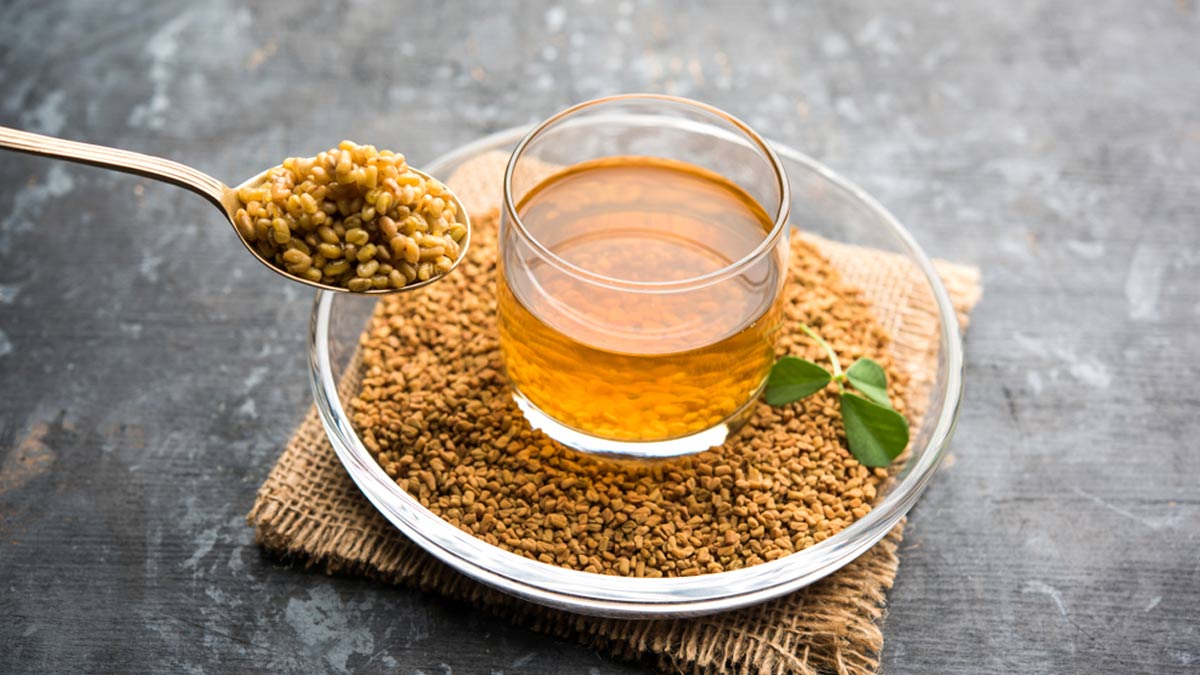
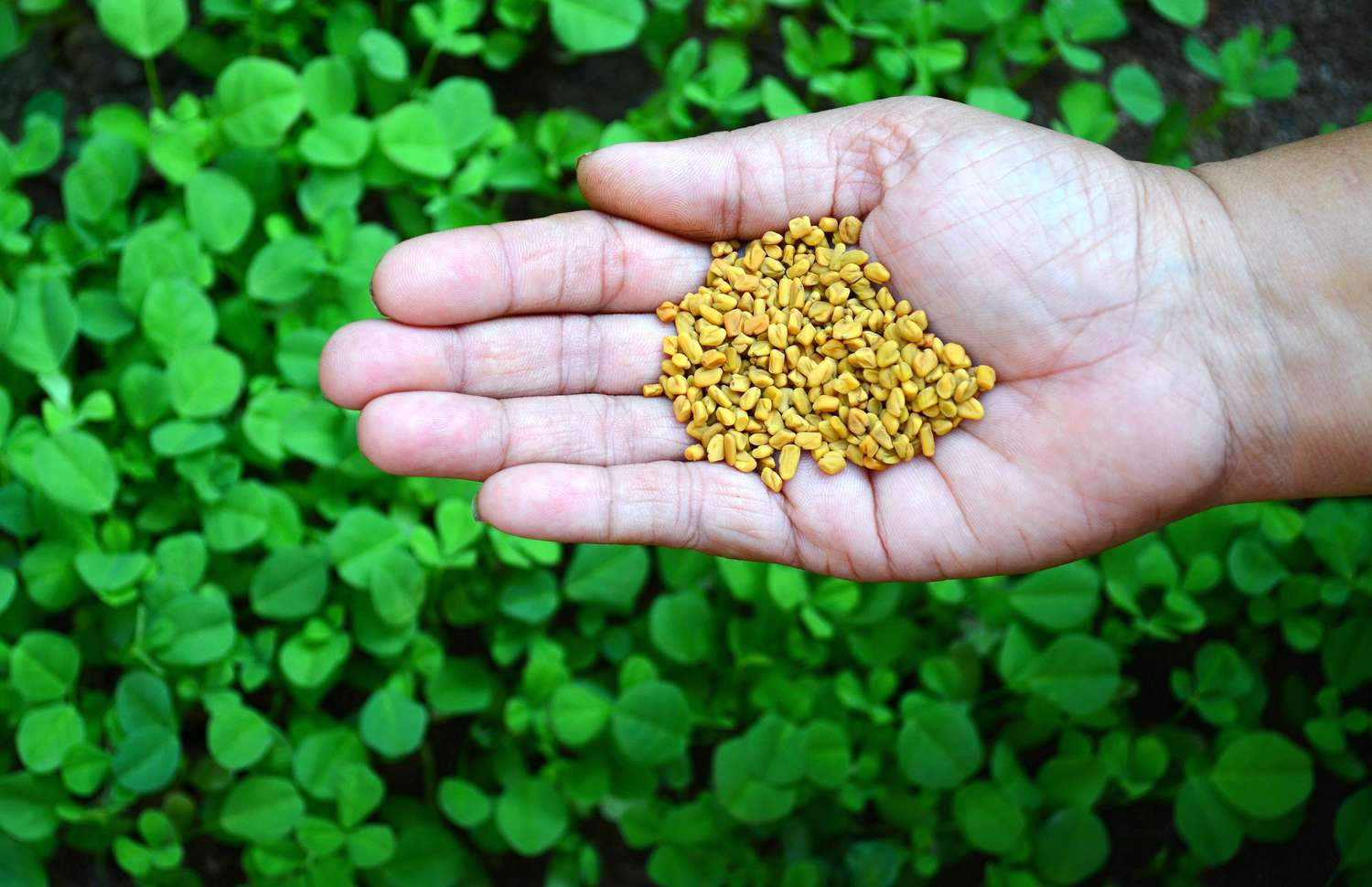
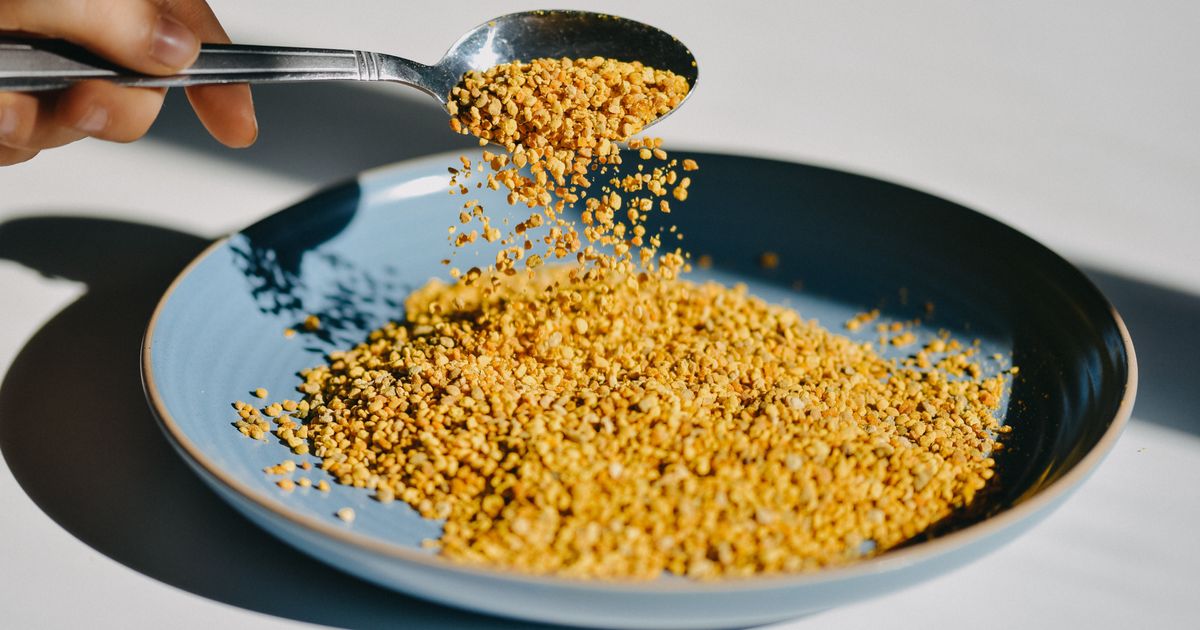
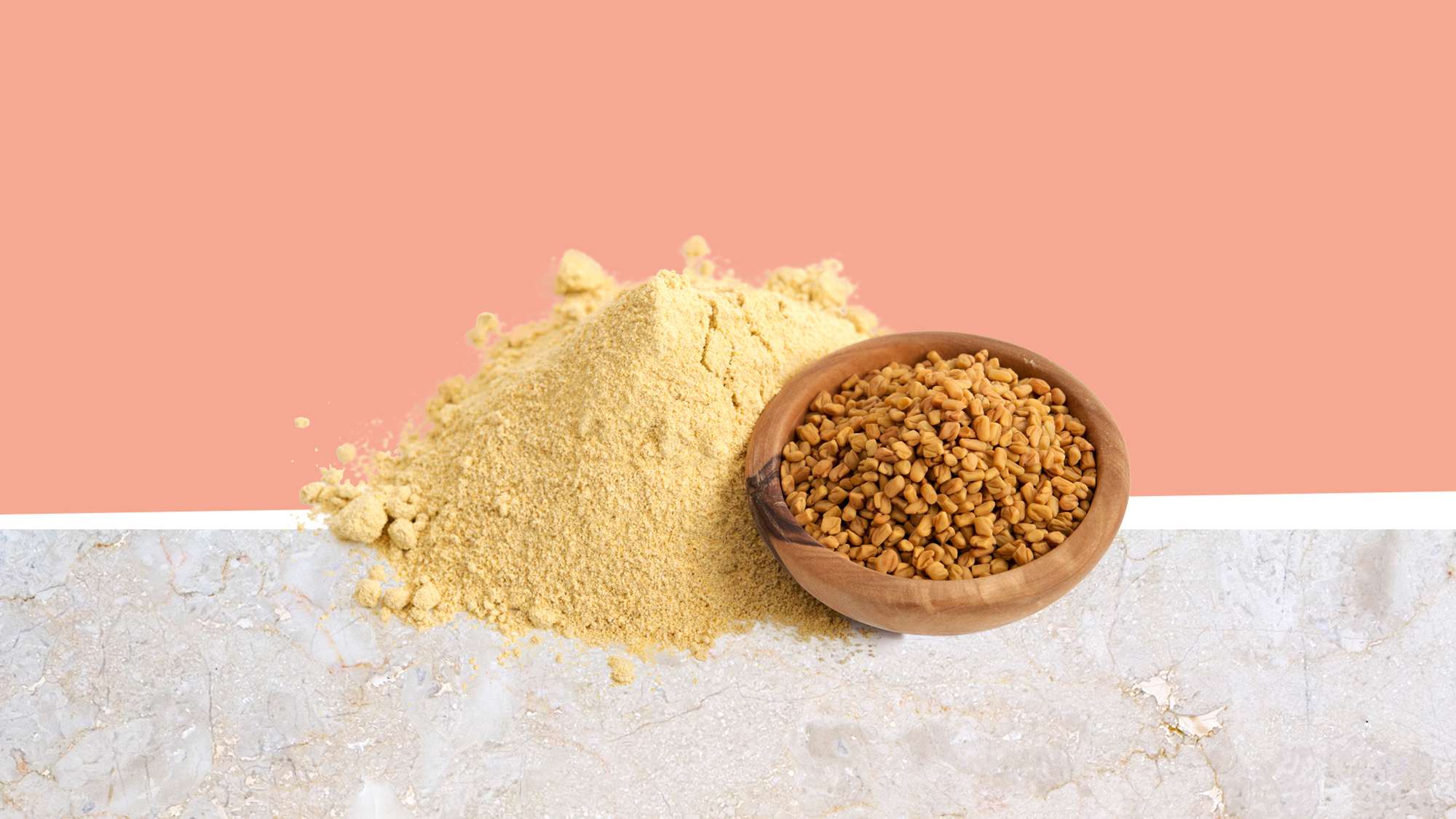
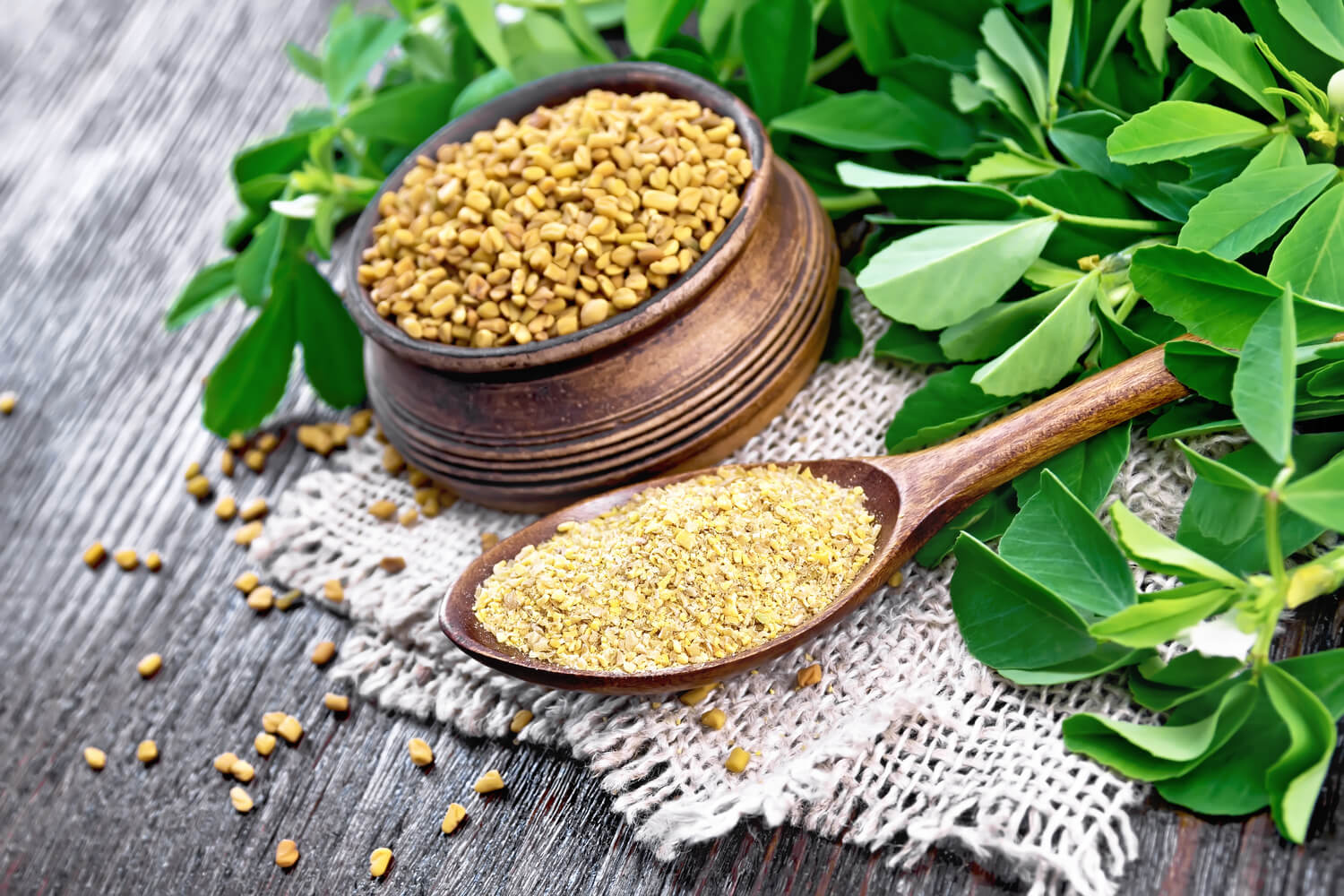
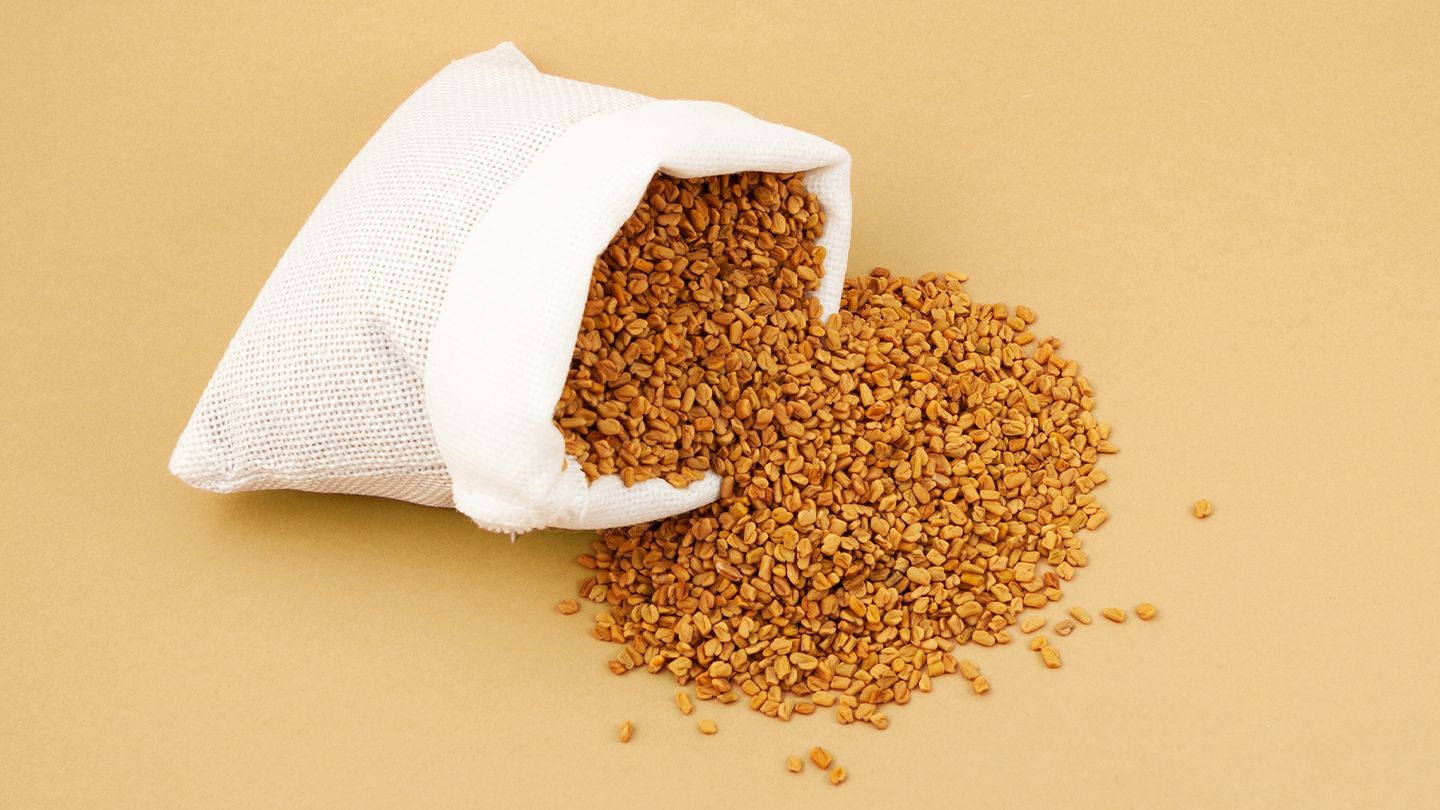
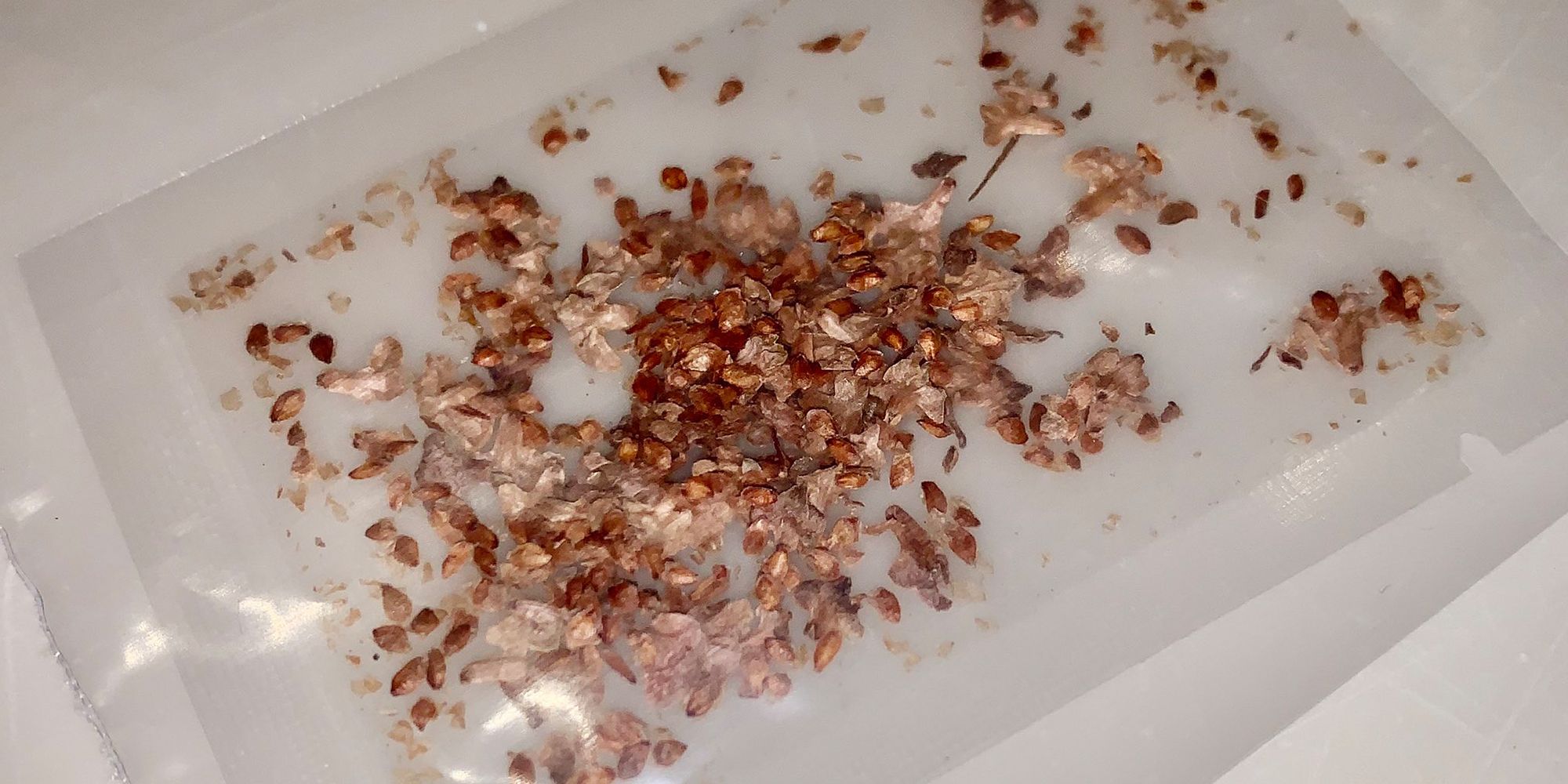
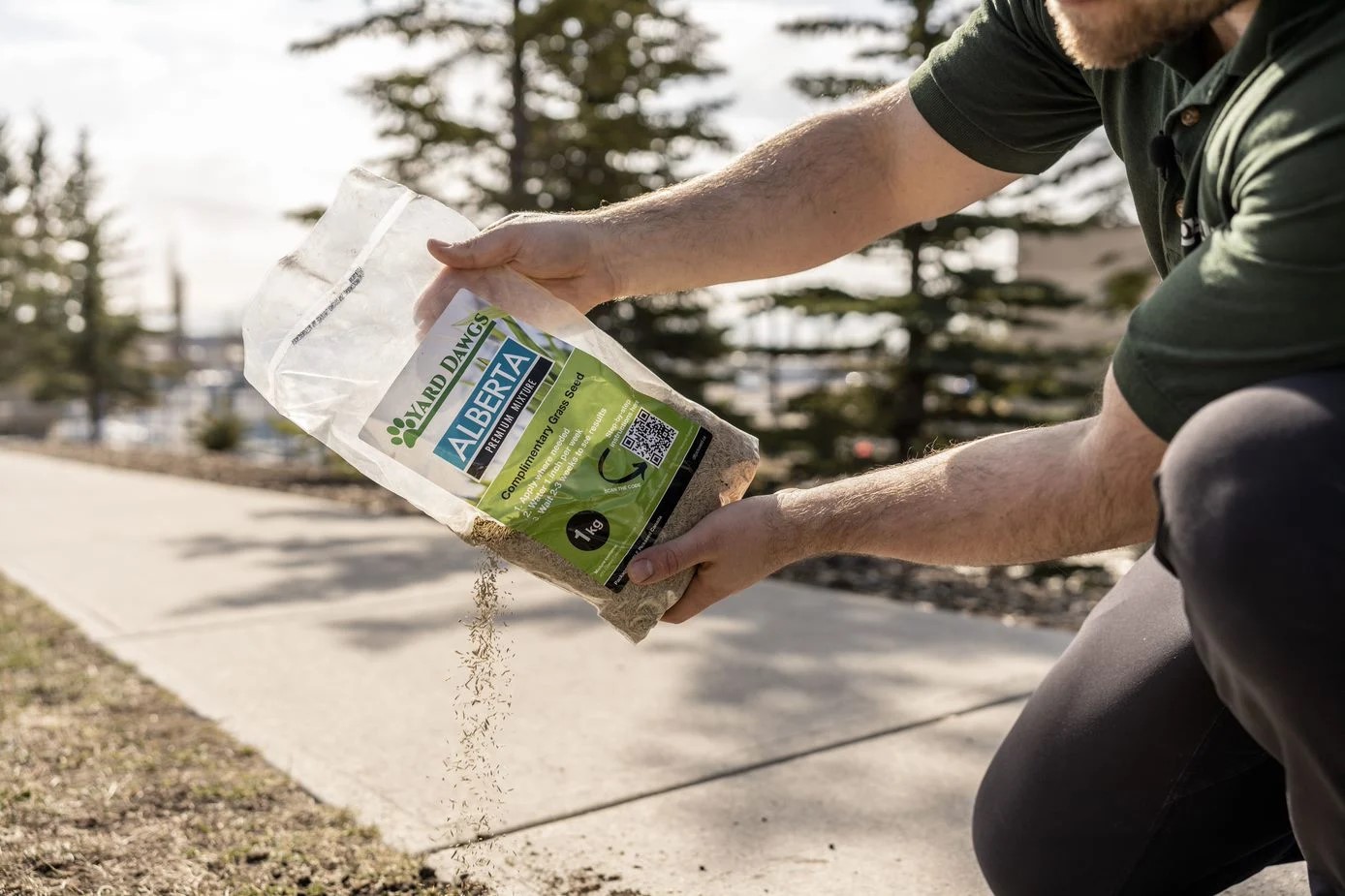
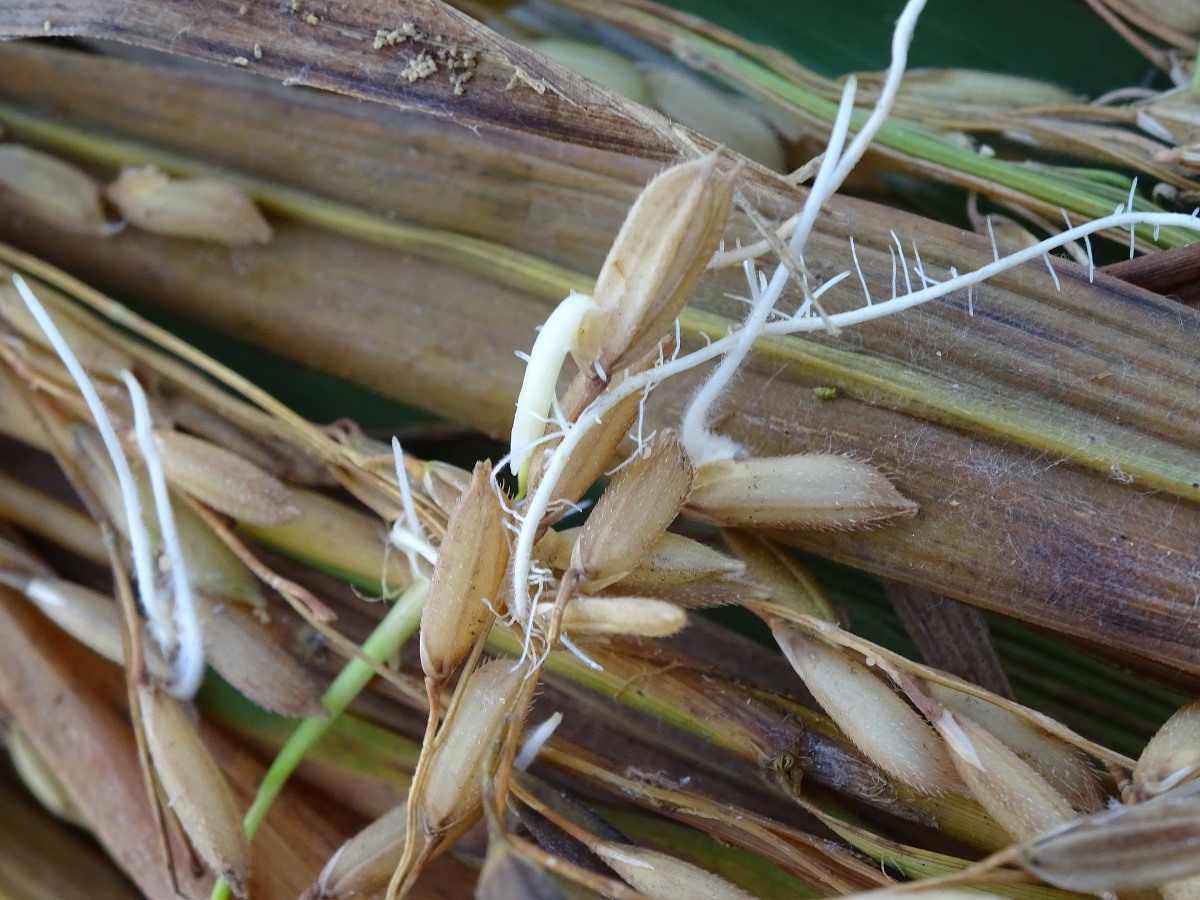
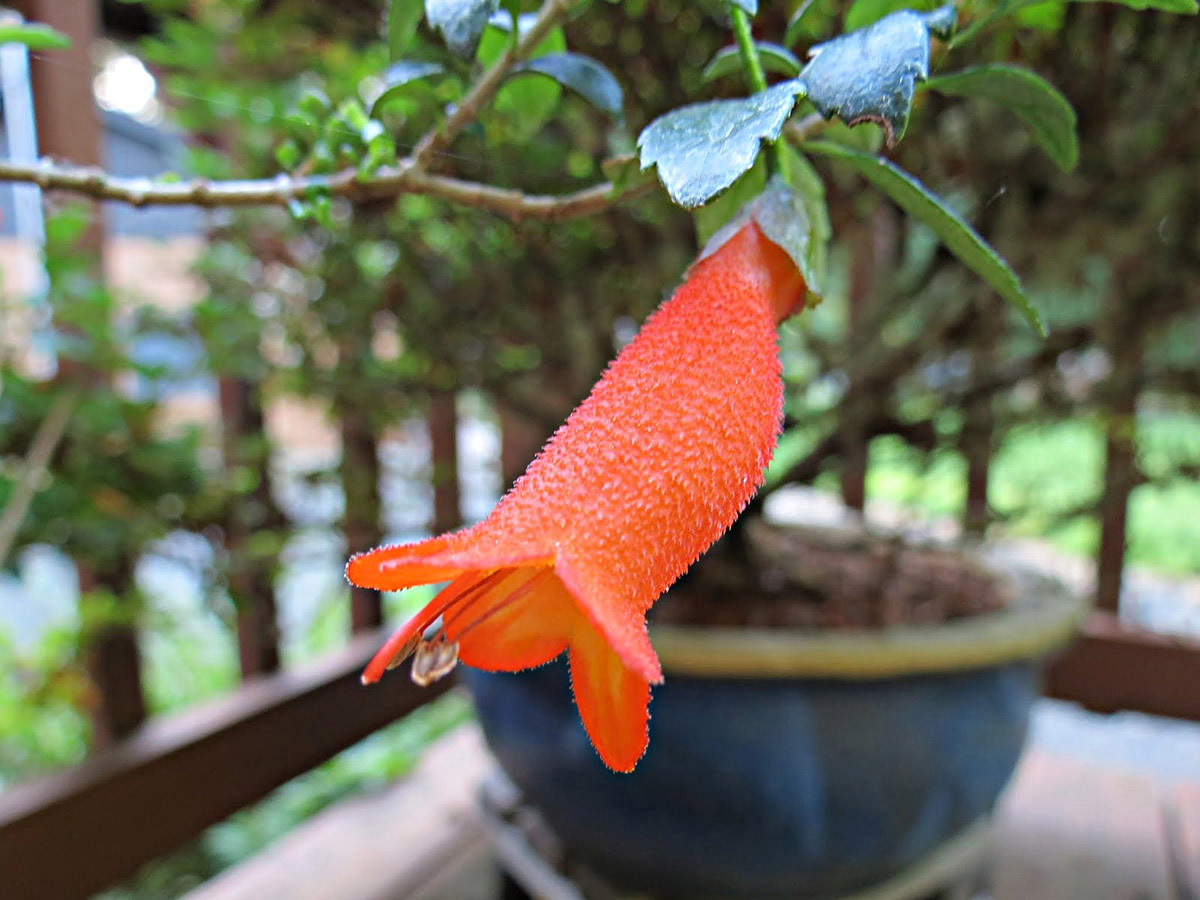


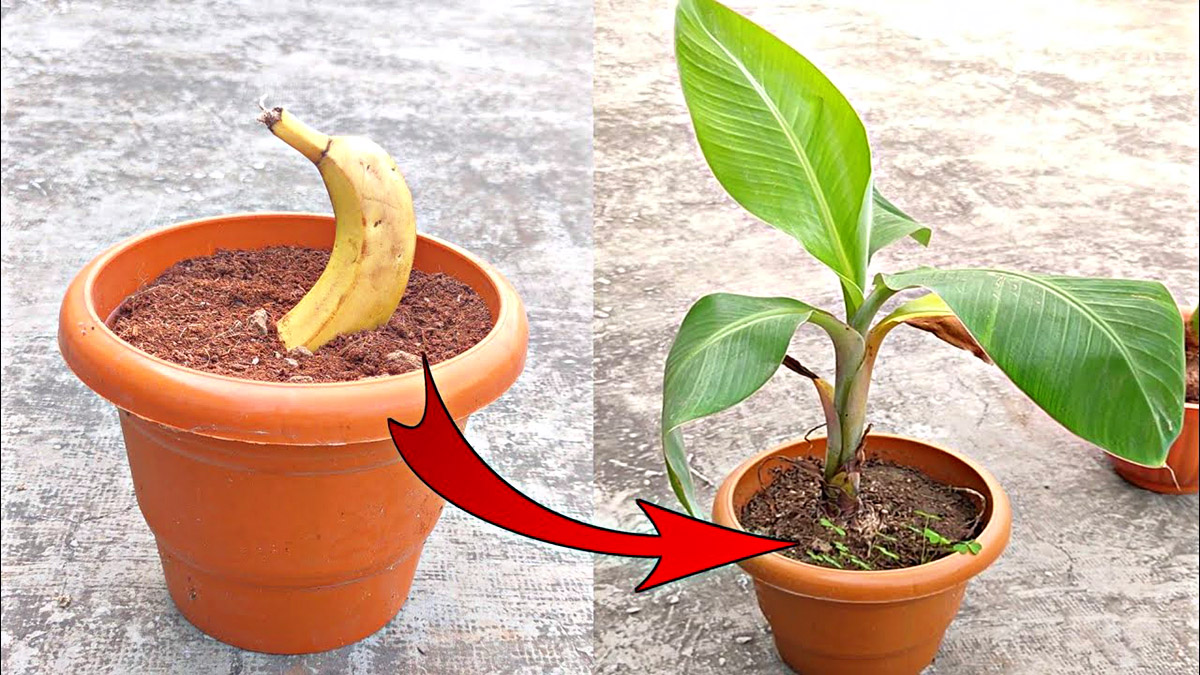

0 thoughts on “How To Cook Fenugreek Seeds”